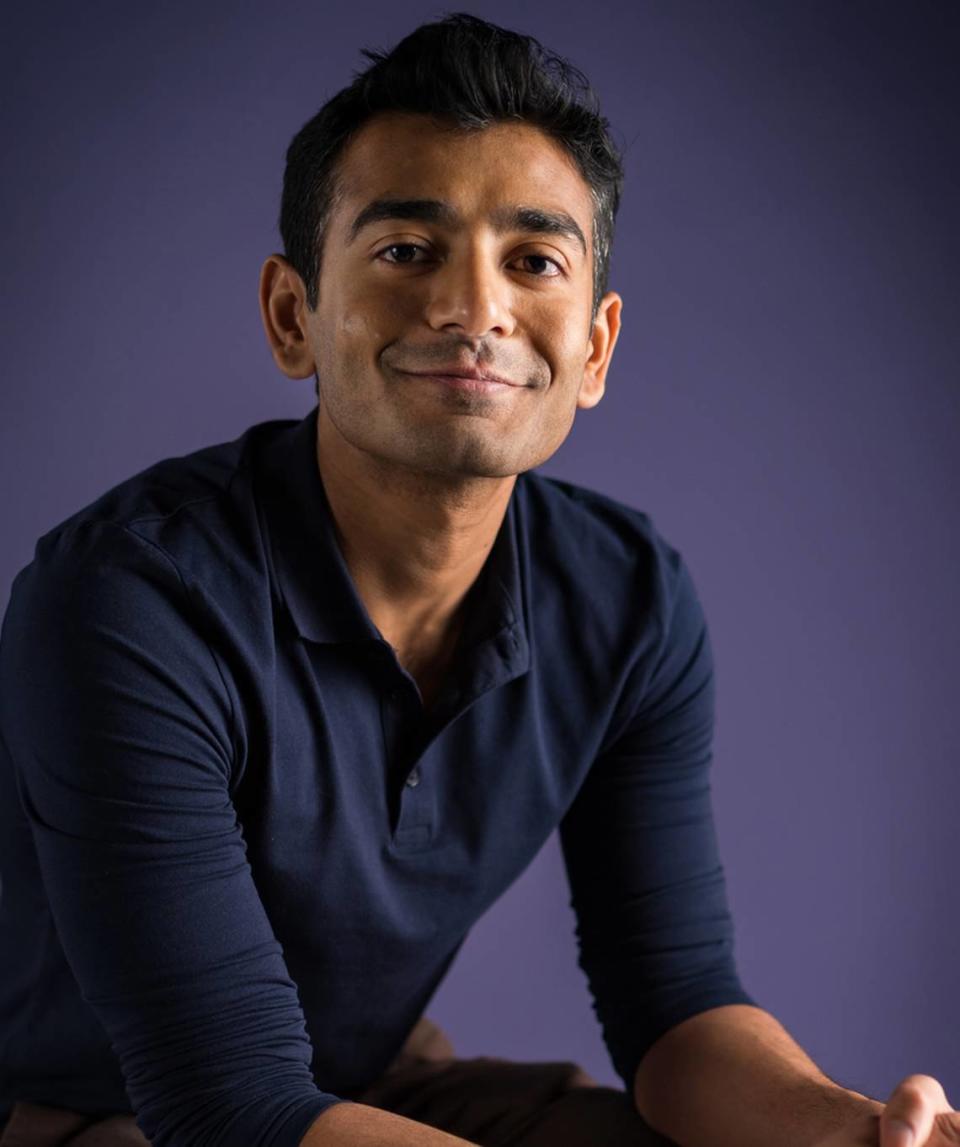Florida is keeping students from creating a stable, prosperous and socially cohesive future | Guest Opinion
I recently attended a conference of Florida Professors of Educational Leadership, during which we got to hear from a high-ranking Florida public-school official. After asking us to maintain a “safe space” for conversation, he assured us that his administration cared about cultivating character and training students to be virtuous citizens who engage in reasoned dialogue.
As an educator of educators in Florida, that surprised me. I’m hearing from my students who are on the ground in the schools that the current climate feels constraining.
As a researcher of student achievement, I find Florida’s recent policies and its education agenda antithetical to fostering student success and promoting democratic values. As I ponder what kind of future my children will step into, I fear we may become even more divided than we are now.
If this administration values the viewpoints of educators and students alike, I am perplexed as to why the governor’s office would ask state universities for lists of funding and staff designated to diversity, equity and inclusion efforts.
Students of history might make a reasonable connection between such demands and those of the McCarthy era.
In mid-January, “guidance” sent out to public schools from the Florida Department of Education led some officials to recommend that their teachers remove or cover up their classroom libraries to stay within compliance.
Selective censorship over what students encounter keeps them from thoughtfully and critically engaging with each other and their world. The best educations are learner-centric, where students receive age-appropriate and accurate lessons in history, math and science and decide for themselves what to believe.
Debates about who gets a bathroom, if math can be too “woke” or if teachers with same-sex partners can talk about their families distract from properly preparing youth for the realities of the future.
Singling out and banning AP African-American Studies seems to signal that the complete history of some students is unwelcome. Downplaying a very real teacher shortage seems to signal that educators are not needed in these trying times. (Learning losses from the pandemic would say otherwise.) Obfuscating professors’ achieving and maintaining tenure seems to signal that academic freedom carries a cost.
Many fellow Floridians believe differently, and I am fine with that. But we should treat schools more intentionally as a place for respecting such differences.
Our youth represent the potential and promise to bind us together and close our fractures. As they learn what it means to build a more welcoming and wholly beneficial society, they must have uncomfortable conversations with each other and seek dialogue over disagreement. When guided correctly, these become opportunities to find solutions, make new friends and move forward together.
But for our children to live up to this ideal requires realizing they need tools that they are not always given. They need access to the full picture, even if it is a messy one, so they can piece together the map needed to embark toward progress.
Standing in their way — attempts that they see through, by the way— harms our ability to be whole.
Dr. Anindya Kundu is an assistant professor of educational leadership at Florida International University and the author of “The Power of Student Agency.”


